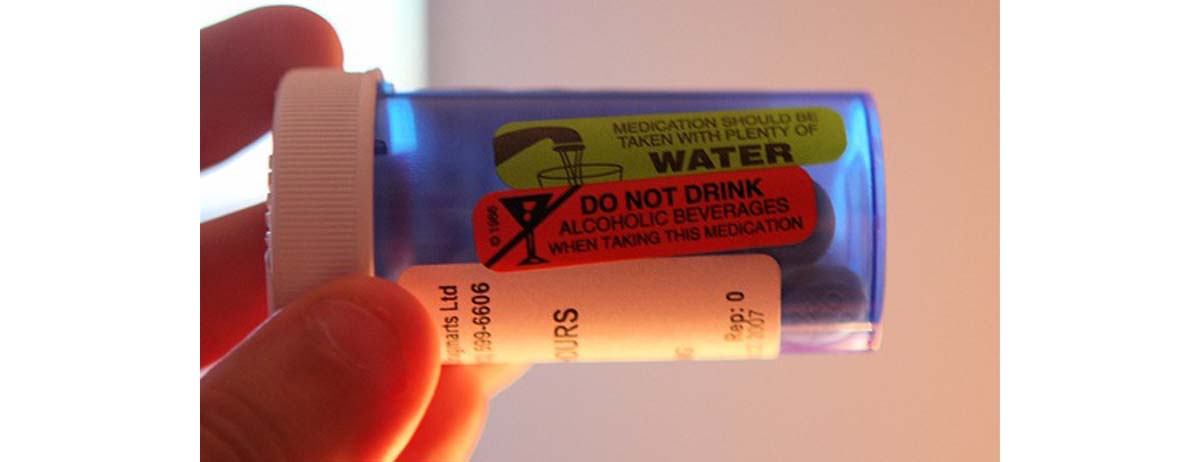Table of Contents
To serve the purpose they are made for, medications must travel through the bloodstream to their site of action, where they produce changes in an organ or a tissue, or attack a pathogen. After having the job done, the drug's effects diminish as they are metabolized by enzymes and eliminated from the body. Similarly, alcohol also travels through the bloodstream, acting upon the brain to cause intoxication, and is finally metabolized and eliminated, principally by the liver.

What alcohol can do when taken along with medications is affect the extent to which an administered dose of a drug reaches its site of action.
Typical Alcohol-Drug Interactions
READ US Pediatricians: Antibiotics are Over-prescribed to Children
On the other hand, long-term alcohol ingestion may activate drug-metabolizing enzymes, and diminish medicinal effects by decreasing the drug's availability. Once these enzymes are activated, they remain in the body even in the absence of alcohol, affecting the metabolism of certain drugs for several weeks after the cessation of drinking. [5]
This is why a recently abstinent chronic drinker may need higher doses of medications than those required by nondrinkers to achieve therapeutic levels of certain drugs.
Alcohol can magnify the inhibitory effects of sedative and narcotic drugs at their sites of action in the brain. To add to the complexity of these interactions, some drugs affect the metabolism of alcohol, thus altering its potential for intoxication and the adverse effects associated with alcohol consumption.
Both medical doctors and pharmacists are well aware of the few side effects that could occur when mixing alcohol and a small number of modern drugs.
- Photo courtesy of SteadyHealth

